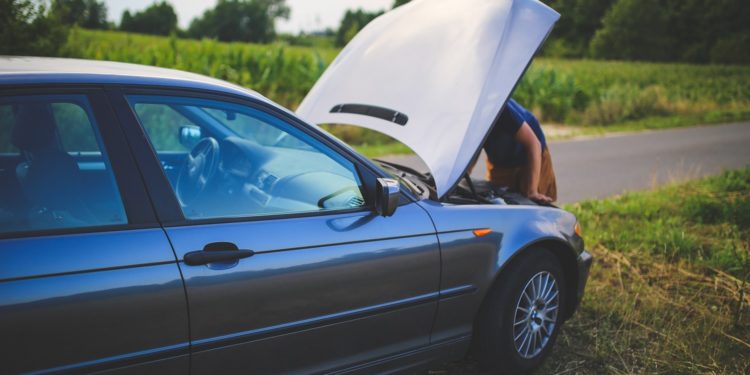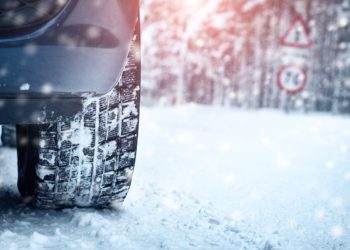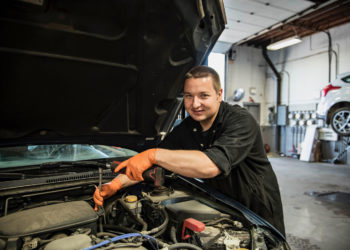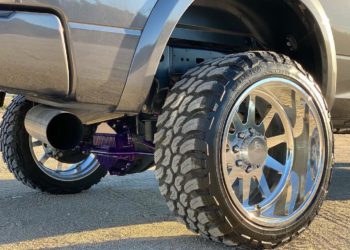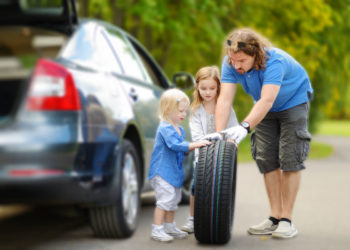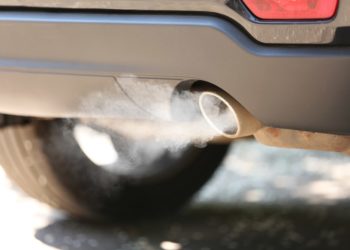The second part of our “diagnosing noises in your vehicle” series will focus on the big one: car turning noises. There are many factors that can influence the cause of noises made while turning. It’s a good idea to keep a record of the symptoms and know what to look for so you can better explain it to your mechanic.
These are the questions to ask if you notice a sound while turning.
1. What kind of noise are you making when your car is turned?
Your car shouldn’t make too much noise when you drive it, especially when you turn.
As we mentioned in the last article on diagnosing car noises not starting, different noises can indicate completely different causes.
Wailing
Low power-steering fluid could cause a loud squealing sound when you turn the steering wheel. Your power steering system is incomplete without power-steering fluid. It’s the lubricant that keeps your steering wheel and front wheels in good condition. It prevents corrosion and abrasion, which extends the life expectancy of your system’s moving parts.
You might notice a decrease in power when your fluid level is low. You should change your power steering fluid every five years or 50,000 ml. However, you might notice a decrease in force when you try to turn the wheel.
Clunking , popping and creaking
You might have suspension system problems if you hear any of these mechanical sounds like a clunking or clicking sound. The buffer between your vehicle frame and the pavement is the vehicle suspension system. The suspension system’s purpose is to increase the friction between your tires on the road. This provides stability and steering absorbs shocks and bumps, making you and your passengers feel more comfortable.
Your suspension system will wear down as your vehicle ages or you drive on unmaintained roads. It could be as simple a loose nut or as complex as shrunken rubber bushings, leaking shocks, or struts. A worn ball joint is likely to make creaking sounds around corners. You may also hear a knocking sound when you bump into something.
Rotational Noises
Your wheel bearings could be starting to fail if your vehicle makes a sound like a play card in bicycle spokes. Your wheel bearings (or small metal balls) are small rings made up of small metal balls or rollers that allow your vehicle’s wheels to turn freely. They are designed to reduce friction. They are found in the wheel hub which connects each wheel to the axle.
How do wheel bearings work?
This is how you can think about it: What causes more friction? A ball rolling on a smooth surface or a cube rolling onto a smooth surface?
A ball bearing is a small, metal ball that rolls between two metal rings. It reduces friction in the hub of the wheel. The two most popular types of wheel bearings that are used in this process are roller bearings and ball bearings.
The friction in the wheel hub can become more brittle or fail, leading to this vibration, noise, or hum. A bad bearing can cause wobbling and even lock the wheel if it isn’t checked. A failing bearing is very dangerous but it is not difficult to repair. Bring it in to the shop if you are concerned about a possible failing bearing.
2. Which side is the noise coming?
It is important to understand that the noise you hear is not coming from a specific location. It doesn’t necessarily mean the noise is coming from a specific part of your vehicle.
Because turning your vehicle alters the load’s position, your right tire/wheel/CV joints will also turn left if you are turning to the left. Your support systems may be failing as the load shifts.
You can perform a few physical checks to verify that the noise is coming from one area. If you believe the noise is coming from only one area of the vehicle, such as the front passenger side tire or the rear tire, you may be able to reproduce it by moving your tire around.
You can reproduce the sound by rolling the tire. This will confirm the location. This will make it easier for you to explain the problem when you bring your vehicle back to the shop.
Harmonics can be a big factor. You should keep in mind that a noise can sound different depending on whether it is being tested on the road or in garage.
3. What’s causing the noise?
Yes, it is a noise that occurs when your car turns but does it happen at other times?
Is your car making a loud hum when you turn right, but not left? Does it happen when your car breaks?
Sometimes, our clients only notice the noise while they are driving. However, the noise can also be detected when the car is in park. This is often the case when clients suspect they have a steering problem. We are often able recreate the noise if the car is stationary once it has been brought into the shop. This indicates that the problem is not with the steering wheel/column/system, as the car isn’t in use.
The noise’s speed is another factor. A bearing problem is indicated if the noise occurs only at highway speeds. The noise is caused by the increased pressure at the bearing due to highway speeds.
Your vehicle should not make unusual sounds while you drive. If your car is making unusual noises while driving in Edmonton, call the shop. We’ll investigate.


